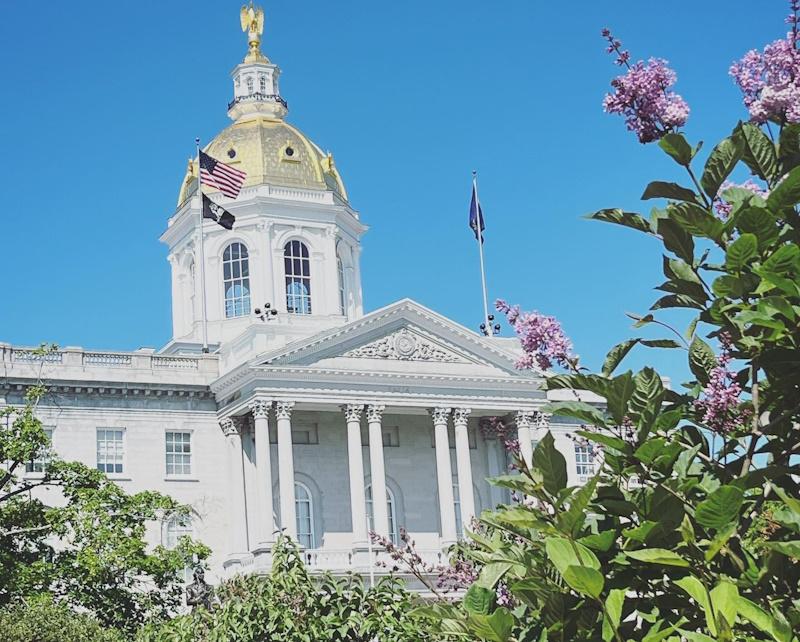Did you know that here in New Hampshire the average cost is more than $19,400 per student per year? Me, neither.
Did you know NH’s current school funding system is the MOST regressive in New England? Me, either.
So, when the folks from “Fair Funding NH” came to Keene the other day, I made it a point to stop in and listen. I would like to share a little of what I learned.
Even though the average cost is $19,400, NH calculated the cost of an “adequate” education FY 2022-23 to be $3,787 per student with some adjustments bringing the cost to $4,600! No where near the $19,400 per student, right?
But a little history first . . .
Back in 1993, the NH Supreme Court ruled that the state has a constitutional duty to pay for all public school students, K-12 to receive an adequate education. In 1997, the NH Supreme Court ruled for the state to have a uniform tax rate, STATEWIDE, for the support of public education.
Elected officials have all but ignored these two rulings since 1993!
In 2019, the state put together The Commission to Study School Funding. The following year a report was released pointing out problems, results from those problems and solutions. This Commission report is in Concord, by the way. . .
Problem: The state’s current estimated cost for an adequate education is not reproducible by any empirically based approach.
(Empirical: relying on or derived from observation or experiment.)
What they found: Districts with greater student needs, and small districts, require more spending per student to achieve a common desired level of student outcomes.
Problem: Communities with higher poverty rates and lower property wealth are doubly penalized under the current system.
What they found: The state could generate revenue more fairly by collecting it centrally then distributing that revenue using a weighted formula.
Problem: As district poverty rates increase, student outcomes decrease – even after accounting for other district factors that may also be relative to poverty, such as district size, special education and English learner rates.
What they found: Under a weighted formula as proposed by the Commission, MORE THAN 70% of NH towns could see reduced property tax rates.
This report came out in 2020! Yet, we are still burdened with high property taxes and with some elected officials now in Concord wanting to distribute some of that revenue to private schools and home schoolers. Taking AWAY from public school students.
The NH School Funding Fairness Project advocates for changes in policy while engaging in activities to promote fair school funding in NH. To learn more about them; www.fairfundingnh.org
In the meantime, they recommend contacting your elected officials (and those running for office), and ask where they stand on the school funding issue and how they plan to address and ultimately fix it! https://www.gencourt.state.nh.us/house/members/

